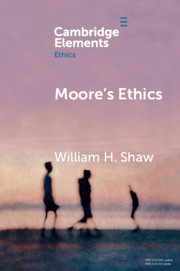1 results

Moore's Ethics
-
- Published online:
- 29 August 2020
- Print publication:
- 24 September 2020
-
- Element
- Export citation

